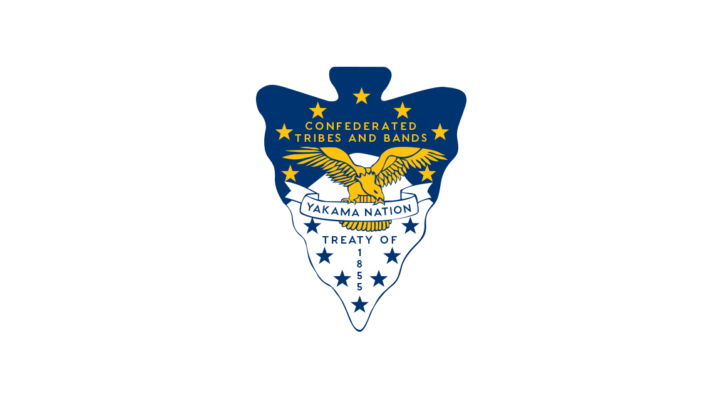
News from Yakama Nation
YAKAMA NATION AGENCY, YAKAMA RESERVATION – The National Congress of American Indians (“NCAI”), Affiliated Tribes of Northwest Indians (“ATNI”), and the Confederated Tribes and Bands of the Yakama Nation (“Yakama Nation”) call upon the Department of Defense to revoke and replace the discharge status of veterans with dishonorable discharges if convicted of participating in the January 6th, 2021 insurrection at the U.S. Capitol Building (“Insurrection”). The Yakama Nation issued this call among Tribal Leaders, starting with its own Tribal Council Resolution, because of the historically high rates of military service in Native American populations and the inherent understanding of veteran’s solemn duty to support and defend the Constitution.
The NCAI Resolution memorializes the response across Indian Country, “tribal veterans and leaders . . . believe that the attack on the United States Capitol is unconstitutional and against the morals and values of . . . service to their country and duty to protect.” Insurrection participants sought to destroy this Country’s tradition of the peaceful transfer of power, the sanctity of voting, and American federalism by attacking the certification of state electors.
According to a CBS News analysis of military service records, court documents, and attorney statements, at least nine current members of the military and more than 75 veterans have been arrested in connection with the Insurrection. The significance of veterans and active military members was apparent in released reports of specialized military doctrine and terminology used to provide strategic skills carried out to effectively breach the US Capitol Building. It is estimated that up to 15% of all Insurrection participants had military service backgrounds.
The Yakama Nation Resolution T-039-21, dated February 4, 2021, called the Insurrection a “domestic terrorist attack” that was promoted by the words and actions of the former Commander in Chief. The condemndation was subsequently adopted by ATNI on May 19, 2022 (Resolution #2022-28) and by NCAI on June 16, 2022 (Resolution #ANC-22-021).